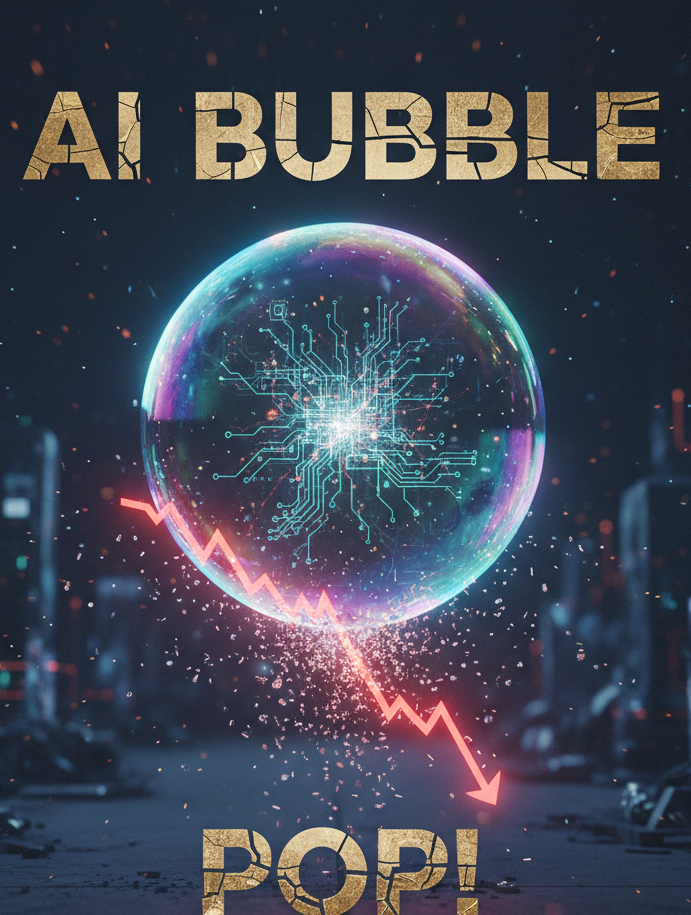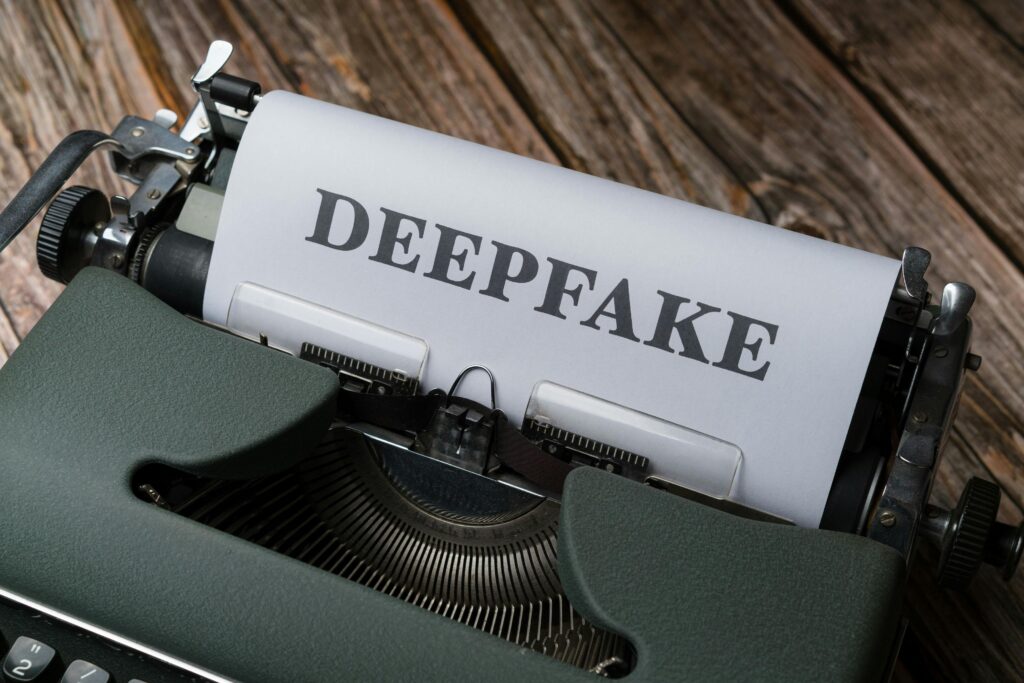Is AI Bubble About to Pop?

AI has been around for a while, but its mass adoption has only occurred within the last few years. In the past few years,
however, things have been shifting fast with so many tools being developed. It’s one of those things that look and feel new and
old at the same time.
Debate is intensifying on social media and corporate circles over whether the much-feared AI bubble is on the verge of
happening. The main argument centers around whether industry excitement and investment can be justified by real value, or if
expectations are set for disappointment as concerns from industry players and stakeholders grow.
The sugar rush levels are quickly coming down, the fear of missing out is fading fast, and the hype is dying down. This is
forcing Businesses and organisations to re-strategise as reality begins to sink in.
There are various arguments emerging from this discussion, and it is appropriate to seriously weigh the risks as well as the
opportunities, so that you can decide how deeply you are willing to go. This year alone, we have experienced mass layoffs,
especially by big Tech in favour of AI. The pushback so far hasn’t been particularly hard, but as this trend persists, it’s only a
matter of time before a full-blown backlash, even though I can’t predict what that will look like.
Meanwhile, the gap between the Value of stocks of major AI companies and their profitability/proven returns is ever widening.
It’s increasingly becoming difficult to argue in favour of AI profitability, as most of the AI companies are not able to bridge the
margins . For example, during the first half of 2025,OpenAI, the developers of ChatGPT LLM, made a net loss of $13.5 billion.
The cost of Training and running large models is extremely high. This is one of the reasons in a podcast, OpenAI Ceo Sam
Altman was suggesting that at some point, to sustain AI, it will require the government to act as a guarantor for some of these
companies.
Another reason attributed to the AI bubble bursting is the market concentration. The US stock market is currently concentrated
among a few AI companies, which have been overvalued. Nvidia is leading in this charge as the anticipation of growing demand
for chips due to high computing power requirements in the AI space. This has led to instability in the market that could also
contribute to the inevitable burst of the AI bubble.
The Hype vs Returns Gap
A recent report by MIT found that 95% of organisations that invested in generative AI were getting little to no financial returns
on the overall enterprise investment. After the hype and fear of missing out,things are cooling off, and organisations are
starting to sober up in making financial decisions in regards to integrating and implementing AI in their processes. This will be
interesting when “AI fatigue is reached.”
Major financial leaders such as JPMorgan and Goldman Sachs, and other shareholders in the industry, have already begun
sending out alarms as they imply that most Tech stocks are overvalued and, in turn, the markets might overcorrect to a
breaking point. They name the commoditization of AI models’ infrastructure. Big Tech is spending large amounts of Money to
build data centres and chips. Other triggers that could push the markets towards correction include power constraints. Building
data centres is becoming a major nightmare due to large energy and water requirements. Regulatory initiatives, especially in
the EU, could be another potential turn-off.
Optimist, on the other hand, argue that times are different and companies such as Microsoft and Google already have other
income streams and therefore they are not purely dependent on AI for their success. They have managed to integrate AI into
their already existing products, so far, it’s working for them.
Another pro-argument is the unprecedented capability of AI. There is no one who can accurately state the ultimate capabilities
of AI. As new iterations and tools are getting released all the time,we shall experience so many gains as a result, and those Pro
idea say that this will create an unquenchable thirst that will sustain the demand indefinitely


